How to meal prep for a week of healthy eating?
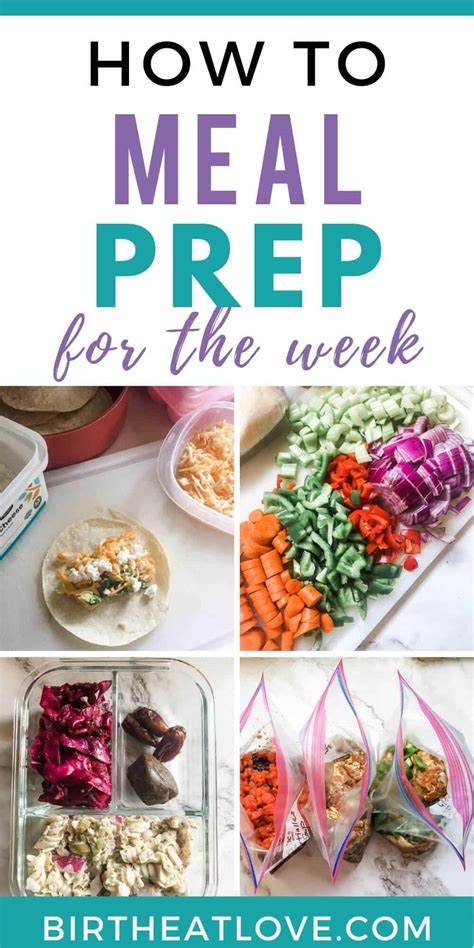
Unlock a Healthier Week with Smart Meal Prep
Meal prepping has transformed how many people approach healthy eating, offering a practical solution to busy schedules and the temptation of unhealthy convenience foods. By dedicating a few hours each week, you can streamline your culinary routine, save money, reduce food waste, and consistently fuel your body with nutritious meals. But how do you tackle a week’s worth of food without feeling overwhelmed? This guide will walk you through the essential steps to successful weekly meal prepping for a healthier you.
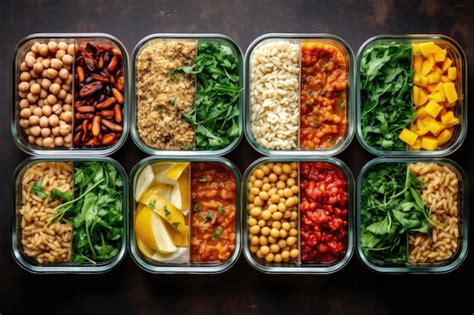
Phase 1: Plan Your Meals Wisely
The cornerstone of successful meal prepping is meticulous planning. Start by identifying the number of meals you need for the week (breakfasts, lunches, dinners, snacks). Consider your dietary goals, preferences, and any allergies or intolerances. A good strategy is to choose 2-3 main protein sources (chicken, fish, tofu, lentils), 2-3 complex carbohydrates (brown rice, quinoa, sweet potatoes), and a variety of colorful vegetables.
Create a Master Grocery List
Once your menu is set, break down each recipe into ingredients and compile a comprehensive grocery list. Group items by section of the supermarket to save time. Don’t forget pantry staples and seasoning!
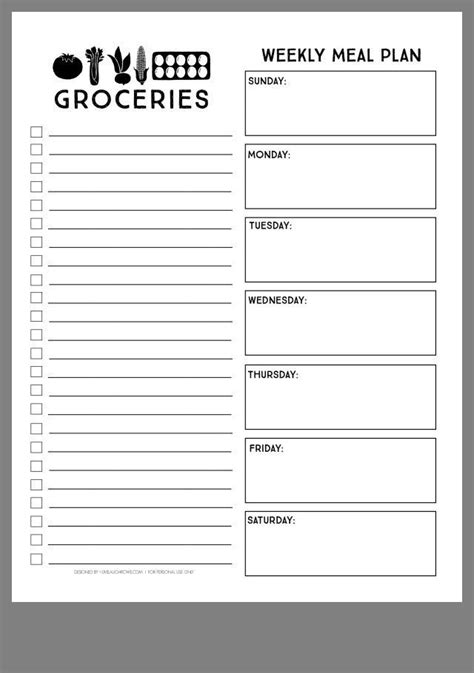
Phase 2: Efficient Shopping and Smart Cooking
With your grocery list in hand, head to the store. Stick to your list to avoid impulse buys that can derail your budget and healthy intentions. Once back home, it’s time to transform those ingredients into delicious meals.
Batch Cooking Techniques
Efficiency is key in the kitchen. Utilize techniques like:
- Roasting: Sheet pan meals for vegetables and proteins (e.g., chicken and broccoli).
- Boiling/Steaming: Cook grains like quinoa or rice in bulk, and steam various vegetables.
- Sautéing: Prepare large batches of sautéed greens or lean ground meats.
- Slow Cooking: Ideal for stews, chilis, or pulled meats that can be used in multiple meals.
Focus on versatile ingredients that can be mixed and matched. For instance, roasted chicken can become part of a salad, a sandwich, or a stir-fry.

Phase 3: Proper Storage for Freshness
Correct storage is crucial for maintaining food safety and freshness throughout the week. Invest in high-quality, airtight containers – glass containers are often preferred as they are microwave-safe, dishwasher-safe, and don’t absorb odors or stains.
- Cool Down First: Always allow cooked food to cool completely before portioning and sealing, to prevent bacterial growth and condensation.
- Portion Control: Divide meals into individual servings to grab and go easily.
- Labeling: Label containers with the meal name and date to keep track, especially if freezing portions.
- Refrigeration: Most prepped meals are good for 3-4 days in the refrigerator. Foods like fish or leafy greens might have a shorter shelf life.
- Freezing: For longer storage, freeze appropriate meals. Soups, stews, cooked grains, and some proteins freeze well.
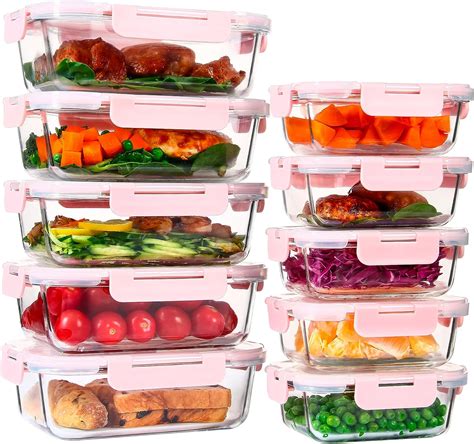
Tips for Sustainable Meal Prepping
To ensure meal prepping remains an enjoyable and sustainable habit, keep these tips in mind:
- Start Small: Don’t try to prep every single meal for the entire week from day one. Start with lunches or dinners and gradually expand.
- Vary Your Meals: To prevent boredom, incorporate different seasonings, sauces, and vegetable combinations throughout the week.
- Keep it Simple: Not every meal needs to be gourmet. Simple combinations of protein, carb, and veggies are perfectly nutritious and delicious.
- Involve Others: If you live with family or roommates, involve them in the planning and prepping process.
- Emergency Snacks: Always have some pre-portioned healthy snacks like nuts, fruit, or chopped veggies ready.
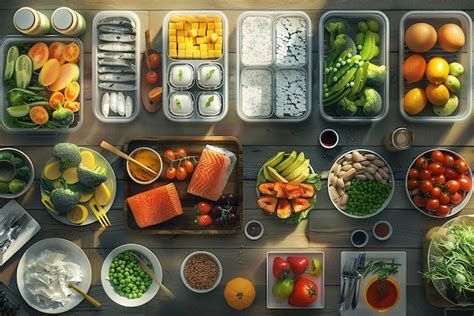
Embrace the Benefits of Meal Prepping
Meal prepping for a week of healthy eating is more than just a trend; it’s a lifestyle adjustment that empowers you to take control of your nutrition, time, and budget. While it requires an initial investment of time and effort, the long-term rewards of consistent healthy eating, reduced stress, and improved well-being are immeasurable. So, roll up your sleeves, plan your menu, and embark on your journey to a healthier, more organized week!









